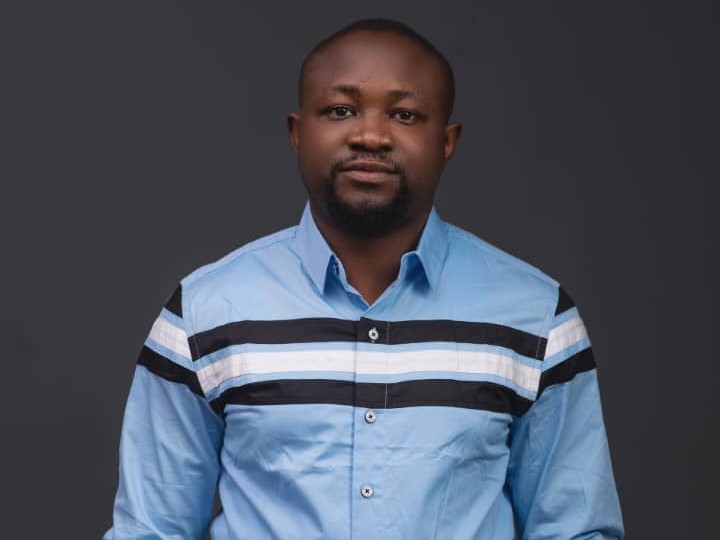In the startup ecosystem, the headlines often spotlight the founders. Yet behind the success of any high-growth startup are the leaders who turn the bold visions of founders into scalable products. Oluwole Ogunlade calls them ‘Operators’. Reflecting on his career, Oluwole Ogunlade has always been the operator behind some of Africa’s most significant fintech and commerce milestones, from scaling VoguePay to over 100,000 merchants, to contributing to the foundational growth of Sabi (now valued at $300M+), and later driving a full digital transformation as Managing Director of Wesley Microfinance Bank.
In this interview, we sat down with him to deconstruct his operator thesis.
You define yourself as an “operator.” Beyond just a title, what does that term truly mean?
As you know, building a high-growth company demands more than a good idea. It requires an operator, someone who understands customer acquisition, product building, and sector-wide strategy. As an operator, my journey began in marketing, where the central question was “how do we sell it?” I transitioned into product management, reframing the challenge as “how do we make it?” By the time I moved into executive leadership roles at places like VoguePay and as Managing Director at Wesley MFB, I was answering the most important question of all: “Why should we make it?” For me, the operator philosophy is the ability to balance high-level vision with excellent execution and a deep understanding of the market.
You’ve scaled products to hundreds of thousands of users. What’s the most misunderstood lesson about finding product-market fit?
The most misunderstood lesson is that your initial market is rarely your biggest opportunity. For example, at VoguePay, our most significant growth came only after we looked beyond Nigeria and built for a cross-border audience. At Sabi, it was about building the foundational payments and agent infrastructure that could handle the massive scale of Nigeria’s informal trade sector, which ultimately led to a company valued at $300m. In both cases, the success came from a deep, operational focus on solving the specific, nuanced problems of our users, and this requires a deep understanding of the market.
Operators are often the unsung heroes who execute a founder’s vision. Let’s talk about the operator vs founder debate
As an operator, your role is to turn a founder’s vision into a scalable product. While others may argue that you have less of the spotlight, it is more about the privilege of learning on someone else’s dime, gaining deep insights into execution without taking on the founder’s existential risk. However, the time to make the transition is when you see a problem that you not only understand how to solve, but that you cannot ignore. It moves from being a professional challenge to a personal mission.
You’ve made the leap as a founder with Coopify, which is already managing over $100 million. What was the specific insight that led you to build it?
The insight for Coopify was the culmination of all my previous experiences. I saw that cooperative banking, a cornerstone of community finance, was a massive, underserved market held back by inefficiency. My specific background in building payment infrastructure gave me the unique operator’s blueprint to build the scalable financial rails these groups needed. However, you don’t solve a problem like this alone. I co-founded Coopify with a great team, and we worked closely with partners in the banking sector to design a solution that addressed the market’s direct needs. Today, it is used by over 1,500 thrift groups to manage more than $80 million in assets under management (AUM).
Looking ahead, what is the ultimate vision for Coopify?
Our long-term vision is to become the undisputed Operating System for Community Finance in Africa. Five years from now, our platform will not just be a management tool; it will be the core infrastructure that enables tens of thousands of cooperatives to access more sophisticated financial products, from credit and insurance to investments. We are building the foundational rails for community wealth creation at scale.
You are known for being deeply invested in the ecosystem. Why is building the community just as important as building a company?
For me, it’s always been about building the entire ecosystem, not just one company. Even back in the late 2010s, I was operating initiatives like #HackGrowthNG to share knowledge on growth strategies with the broader community. I continue to contribute to the ecosystem by speaking, mentoring, and serving as an advisor to the next generation of founders through incredible platforms like Bincom, Tekedia, AI for Africa, and the Tony Elumelu Foundation. These initiatives build the talent and the infrastructure that all our companies rely on.


